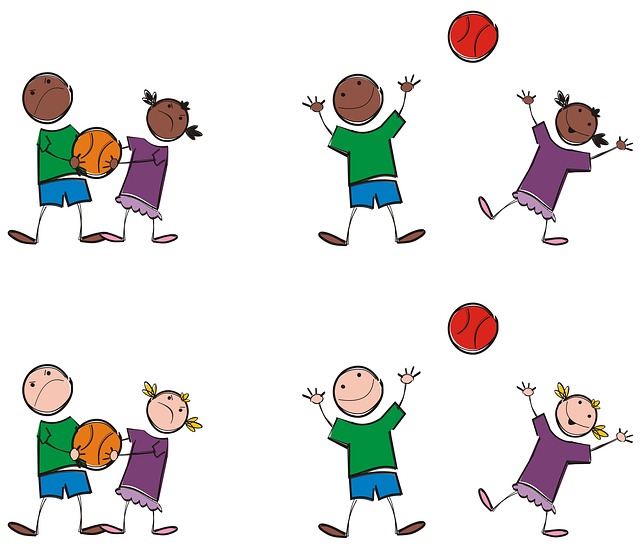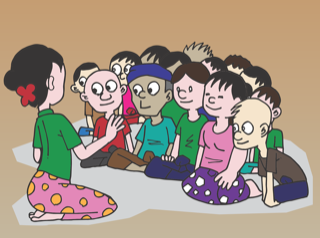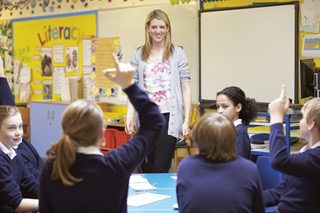
The Many Benefits of Bilingualism
While research continuously supports multi-language exposure for children, myths surrounding bilingualism remain. Increased working memory and cognition are among the many benefits of being a multi-language user. Fostering a home environment that includes all spoken languages of the family provides more opportunity for children to engage with their extended family. Speech-language pathologists must help children and families advocate for services that support bilingual intervention. Please visit the article by Farinam Pletka, MS, CCC-SLP in the American Speech Language Hearing Association’s Journal for more information on her experience as a bilingual SLP: https://leader.pubs.asha.org/do/10.1044/leader.FPLP.26082021.64/full/











